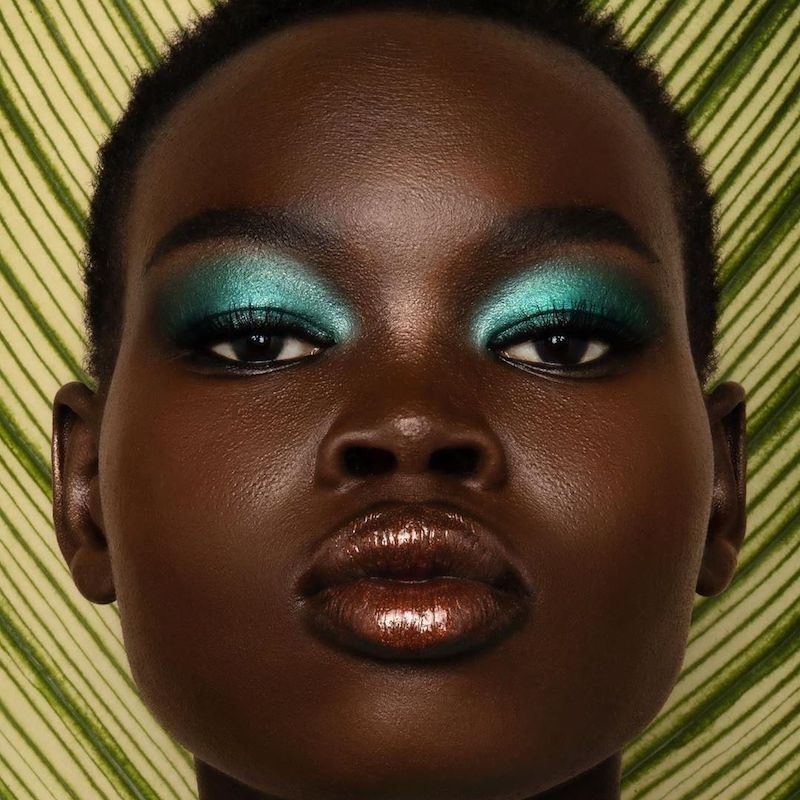No products in the cart.
All Skincare Ain’t Good Skincare, Sis: 5 Ingredients to Avoid
Can we talk for a minute?
Kylie Jenner’s Kyle Skin ultimately brought me here. Since her announcement of the line, Kylie Skin, the internet has been coming for her and rightfully so.
I do not claim to be a skincare expert, but more so a lover of skincare through the lens of science. The one thing that her line (and many others) can teach us all is that we should be well-informed about the ingredients we apply to our skin. In this day and age, we see so many DIY concoctions and don’t think twice about it.
The walnut scrub is what really got me going on. Did she miss the memo when St.Ives got a class action lawsuit for their apricot scrub? With so many advancements of chemical exfoliants, I am having a hard time understanding why it would be okay to promote harsh physical exfoliants. We’ve come a long way from St.Ive’s apricot scrub, so there should be no need to look back. Most facial scrubs are overly abrasive and increase hyperpigmentation. The jagged ends can potentially tear your skin, creating more damage.
I’ve gone down a rabbit hole of ingredients that have been sensationalized in achieving perfect skin:
1. Coconut oil — Remember that time when it was the answer to any problem you had in life?
Well, I hate to be the one to break it to you but coconut oil does not belong on your face. Yes, it comes with amazing properties, such as it being antibacterial. But it is highly comedogenic – it will clog your pores and you won’t even notice. Almond oil or sunflower oil are great alternatives.
2. Lemon — Whew, I’ve been there, done that! I, too have fell into the trap where I found myself applying lemon juice to my face. The new me would never! Lemon juice is highly acidic and throws off your skin’s pH levels. On top of that, it increases your skin’ssensitivity, making it much more likely to burn. Vitamin C serums are safer options.
3. Parabens — The FDA acknowledges several studies linking parabens, to breast cancer, skin cancer and decreased sperm count, but has not ruled that it is harmful. Look for paraben-free products! That goes for hair too, sis!
4. Retinol —Retinol products (often found in anti-aging products) have the opposite intended effect and become carcinogenic in sunlight, making it extra important to only use them at night and to avoid any sunscreens containing retinol-derived ingredients.
5. Hydroquinone — This skin-bleaching chemical can cause a skin disease called ochronosis, with “disfiguring and irreversible” blue-black lesions on exposed skin. Illegally imported skin lighteners can contain mercury, which can poison adults and children and is especially toxic during pregnancy. Be careful of imported skin lighteners, don’t buy products without ingredients clearly labeled, and always avoid products with “mercury,” “calomel”, “mercurio” or “mercurio chloride.”
But we can’t forget ingredients like, raw or manuka honey, aloe (binds moisture into the skin), oatmeal (treats inflammation) and activated charcoal (absorbs toxins and used for oil pulling). These are safe to use topically on your skin.
Social media has made it extremely easy for us to try new ways to up our #nomakeup game. We all want that moment where we drop that selfie and our mentions are flooded with skincare routine requests. But remember, don’t compare their selfie-sharing moment to your current state. The bigger picture is that your regimen will never look like someone’s else and there’s beauty in that! Learn what works for your skin and do the research- meet yourself halfway in attaining YOUR skincare goals
Our skin is extremely important, protecting us against infection and secretes waste. So let’s show our skin more love. Here’s to looking after our beautiful skin, scars and all! If you love learning about skin care through ways that enable you to incorporate selfcare, follow me at @seidymari on Instagram! Check out our Instagram





